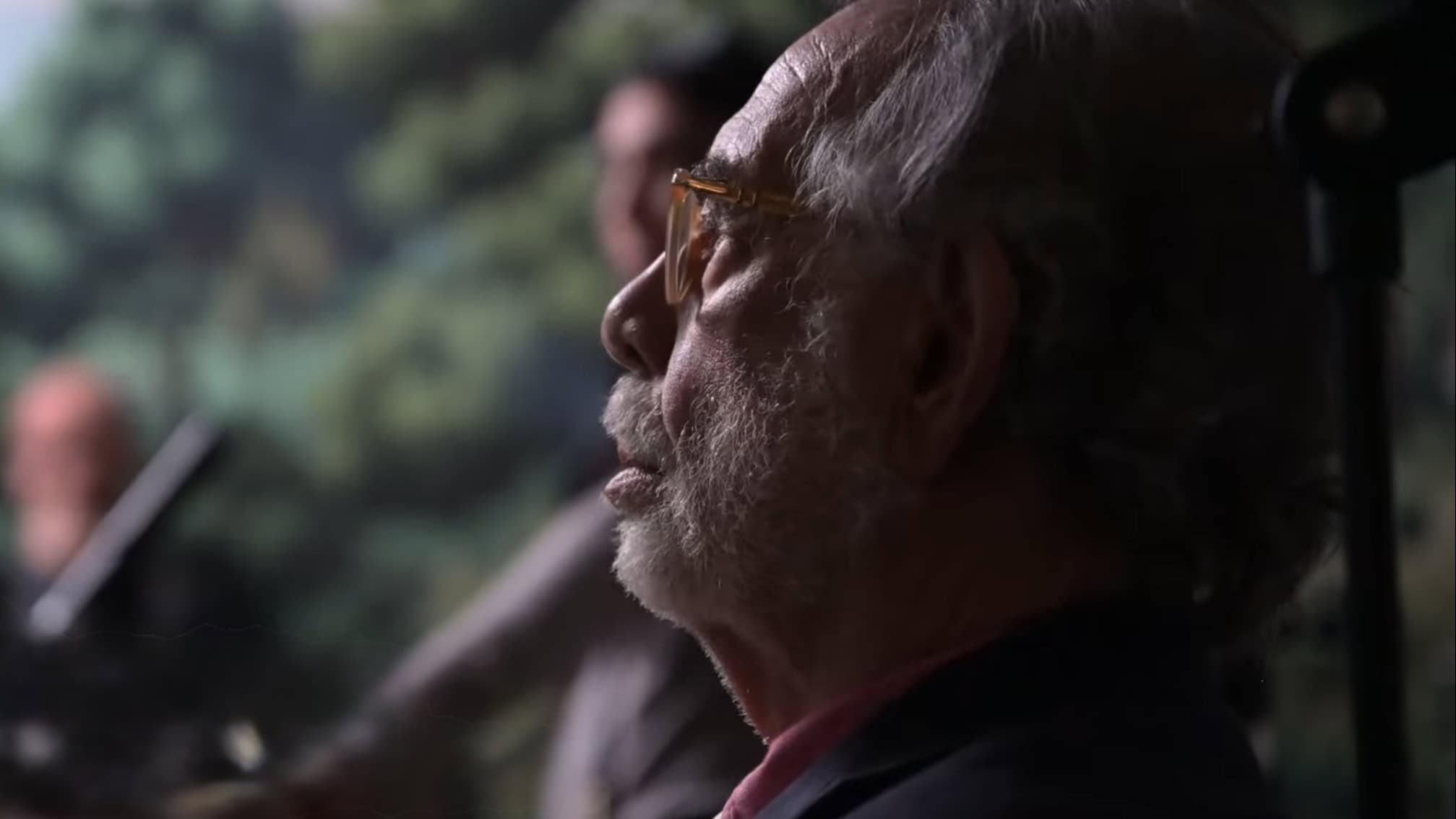By Drew Dietsch
| Published

Francis Ford Coppola is responsible for so much of the modern movie landscape. His seminal works in the 1970s changed the course of cinema history. No matter what you think about his output outside of those game-changers, you have to appreciate his commitment to his artistic vision. That was certainly apparent in last year’s Megalopolis, a sprawling sci-fi/fantasy epic that left many viewers confused, irritated, and utterly dismissive of Coppola’s self-funded passion project.
Naturally, that means I kind of loved Megalopolis. It also means I’m excited for Megadoc, the behind the scenes look at the making of Coppola’s movie. Although there is just a short teaser trailer available right now (which you can watch below), it immediately reminded me of a few reasons I really hate the Hollywood machine right now.
Great Creators Struggle
You can debate the modern merits of Francis Ford Coppola as a filmmaker, but there is no debate when it comes to the seismic potential a new Coppola movie holds. He is an important creator in the world of cinema and the projects he feels invigorated by should invigorate both audiences and studio producers.
But, in an industry that continues to mimic the ever-expanding cowardice of all capitalism, movie studios are so risk-averse that they won’t take a chance on the sun rising tomorrow unless an algorithm tells them it will. As such, a creative powerhouse like Francis Ford Coppola can’t get funding or even support for a movie like Megalopolis because it’s not some focus-tested, formulaic flick that rolled off the assembly line.
It’s not a new problem in Tinseltown, but it is one that seems to be getting exacerbated as more and more techbro twits infiltrate the movie business. I don’t think you can make a film as radical as The Godfather or Apocalypse Now in today’s studio ecosystem. Can you imagine trying to convince an algorithm to do something as insane as Apocalypse Now?
But the Megadoc trailer has me upset for another reason, and it’s one that reminds me of a very special time in the movie business.
Actual Documentaries, Not Fluff Pieces

When the DVD booms really hit in the 2000s, studios decided to load up their biggest home video releases with a ton of behind the scenes content. While there were plenty of EPK (electronic press kit) features that were little more than pure marketing, there were also a lot of productions that allowed documentaries to be shot during a film’s shooting schedule. That meant we actually got to see candid presentations of what making a studio movie is actually like.
Funny enough, this idea was first widely celebrated through the documentary Hearts of Darkness, a brutally honest depiction of Coppola’s struggles while making Apocalypse Now. Nowadays, the making of studio movies is kept so tight as to practically be clandestine. Though “behind the scenes” material still gets produced for modern movies, it’s on the tightest leash of all time with the studio yanking that leash every two seconds.
Megadoc reminds me of a crucial part of my own film appreciation upbringing: seeing the trials, tribulations, conflicts, and confusion that happen when trying to make art. The Making of Jaws is one of the most important pieces of film I ever watched as a kid because it made me love my favorite movie even more. Not because it was a chipper trip down memory lane or a meme-targeted piece of studio propaganda, but because it showed how taxing it was to make Jaws. It didn’t shy away from the tensions, troubles, and traumas that that filmmaking troupe had to deal with.
Megadoc looks to be in the vulnerable vein of those “making of” docs. I’ve become so disinterested with how modern movies are made because they rarely show an unglamorized picture of the process. Megadoc has me excited because it isn’t some calculated marketing for a movie like most “making of” content these days. It looks to be the kind of film documentary that made me love how movies are made, warts and all.
